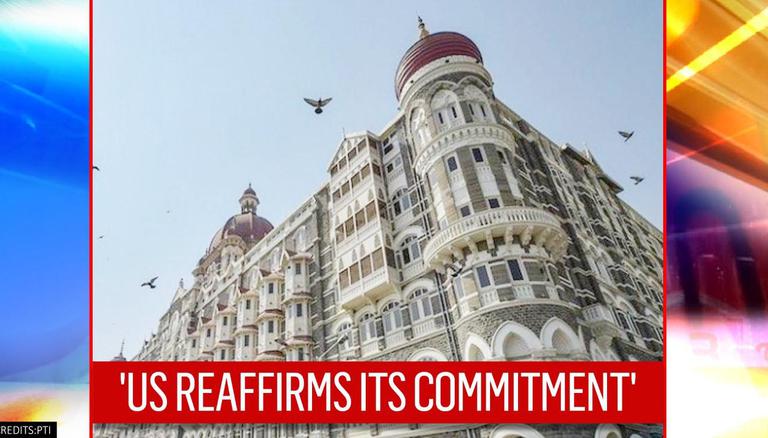The US administration led by Joe Biden has urged a California court to clear the extradition of Pakistani-origin Canadian businessman Tahawwur Rana to India for his role in planning the 26/11 Mumbai attacks.
US government attorneys urged the court to “conclude that India’s extradition request contains sufficient evidence of probable cause on each of the criminal charges for which India seeks Rana’s extradition”.
Rana, 59, has been declared a fugitive by India, where he is facing multiple criminal charges for his involvement in the 2008 terror attack. The 26/11 Mumbai attacks of 2008 had claimed lives of 166 people, including six Americans. In August 2018, a warrant was issued for his arrested in India.
Also See: Cyber warfare from China-part-II
In a proposed order titled Findings of Facts and Conclusions of Law, US attorneys, Tracy L Wilkison and Christopher D Grigg said, “Having found that all of the requirements for certification of extradition have been satisfied, the Court certifies the extradition of Tahawwur Hussain Rana to the Secretary of State and commits him to custody pursuant.”
The document, filed on July 15, said, “Based on the evidence submitted by India, RANA allowed fraud against the Indian government to occur through the creation and submission of forged documents. The purpose behind such fraud is irrelevant under the Indian criminal provisions.”
Indian government has accused Rana of conspiring with David Coleman Headley to assist the Pakistan-based terror group Lashkar-e-Taiba (LeT) in orchestrating the 2008 attacks.
The document said, “In any event, RANA knowingly allowed Headley to obtain the business visa and the cover that he needed to conduct terrorism-related surveillance operations in India, ultimately leading to the three-day terrorist attacks in Mumbai.”
Headley, a Pakistani-American scouted the Mumbai targets for LeT operatives. He visited India using the Indian branch of Rana’s Chicago-based company, First World Immigration Services, as cover. Headley is serving a 35-year-jail sentence in a plea deal with the US government. The plea deal protects him from extradition.
As per the document, the evidence establishes that the 26/11 Mumbai attacks were committed by LeT, a terrorist organisation targeting India.
The document said, “Rana was aware that Headley was involved with LeT, and that by assisting Headley and affording him a cover for his activities, he was supporting the terrorist organisation and its associates. Rana knew of Headley’s meetings, what was discussed, and the planning of the attacks, including some of the targets. Further, it was foreseeable that these attacks would lead to death, injury, and destruction of property.”
Rana’s attorneys, John D. Cline and Patrick W. Blegen, however, argued that the “government has not satisfied the requirement” of provisions of the Extradition Treaty. The mentioned provisions need a request for extradition be supported by “such information as would justify the committal for trial of the person if the offense had been committed in the Requested State”.
In 2011, Rana was held guilty by a jury in a Chicago court for providing material support to a terrorist plot against a Danish news publication and to LeT. He was sentenced to 14 years in prison in 2013.
The court, however, acquitted him on the charge of conspiracy to provide material support for the 26/11 Mumbai attack.
Also Read: What can India learn from the Tenth man principle?
In 2020, Rana was released on humanitarian grounds when he tested positive for Covid-19. He was rearrested shortly after in Los Angeles on India’s extradition request.
Another motion was filed in the California court on July 15. In that motion, US attorneys urged the court to find that India has the jurisdiction to charge Rana for “(a) conspiracy to wage war, to commit murder, to commit forgery for the purpose of cheating, to use a forged document, and to commit a terrorist act, in violation of Indian Penal Code (lists sections); (b) waging war, in violation of IPC (section); (c) conspiracy to wage war, in violation of (another section of) IPC; (d) murder, in violation of IPC (section); (e) committing a terrorist act; and (f) conspiracy to commit a terrorist act.”





